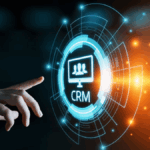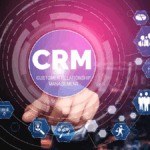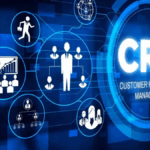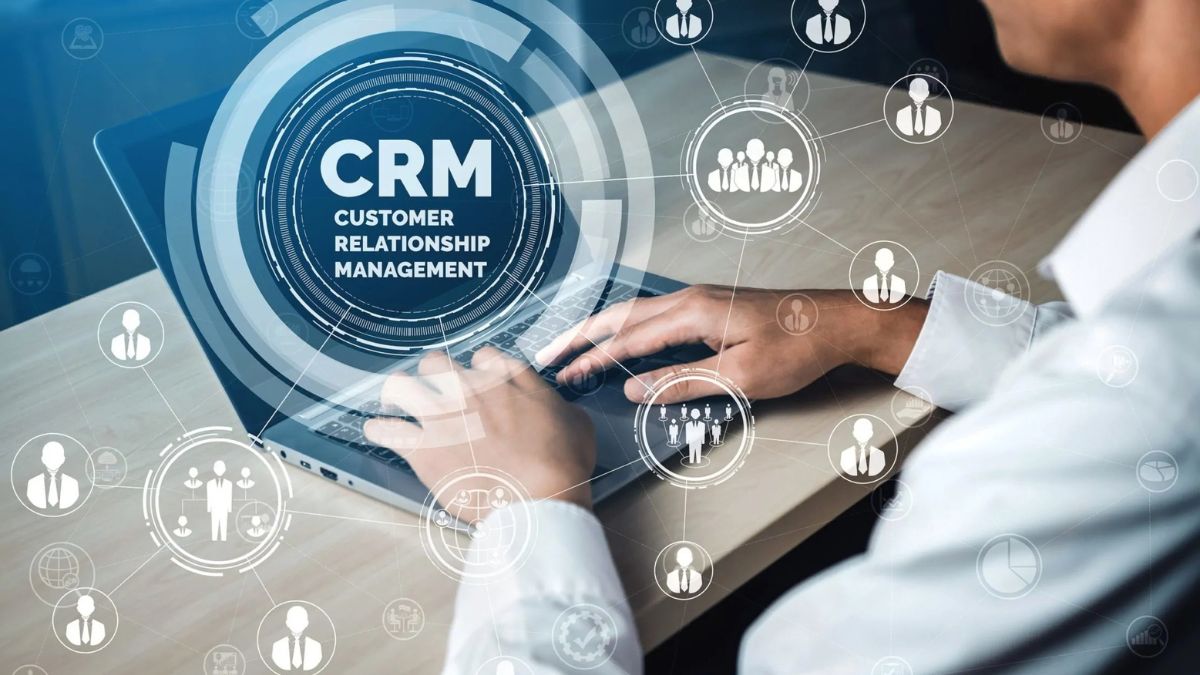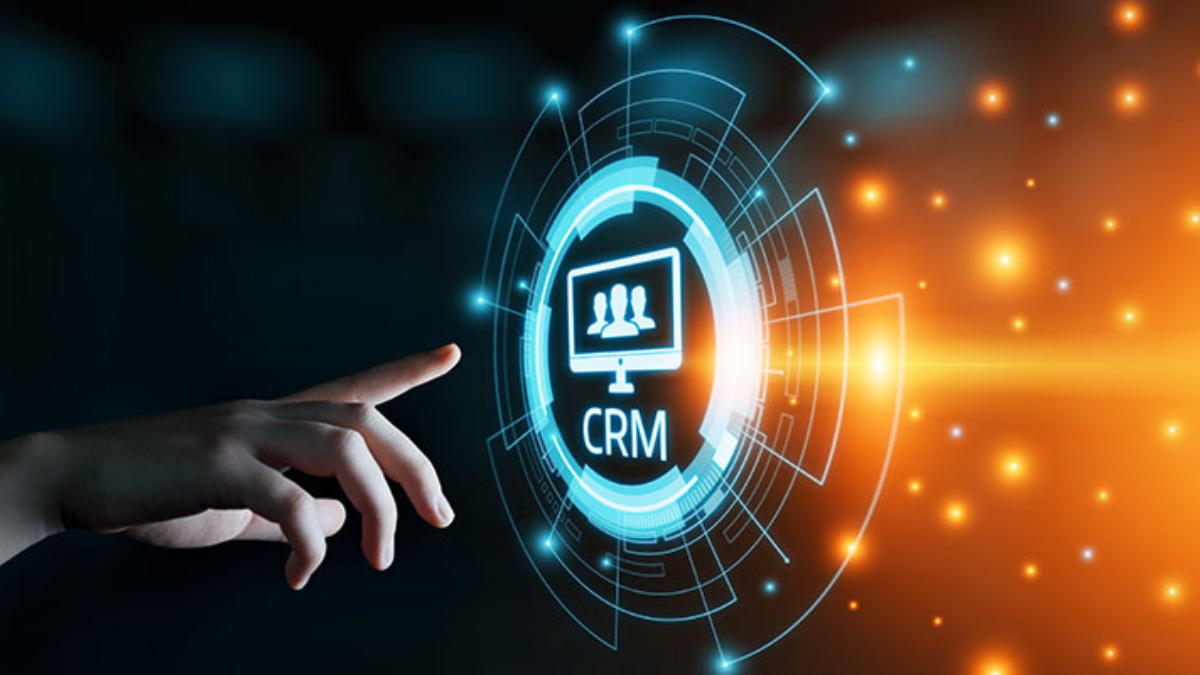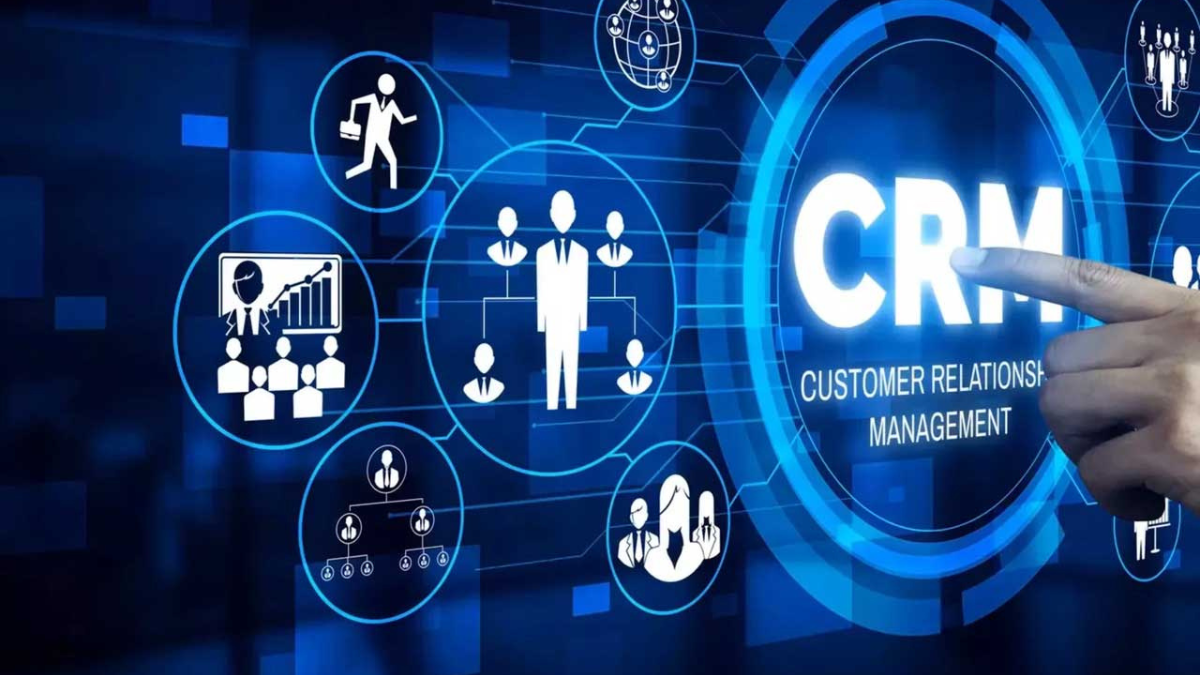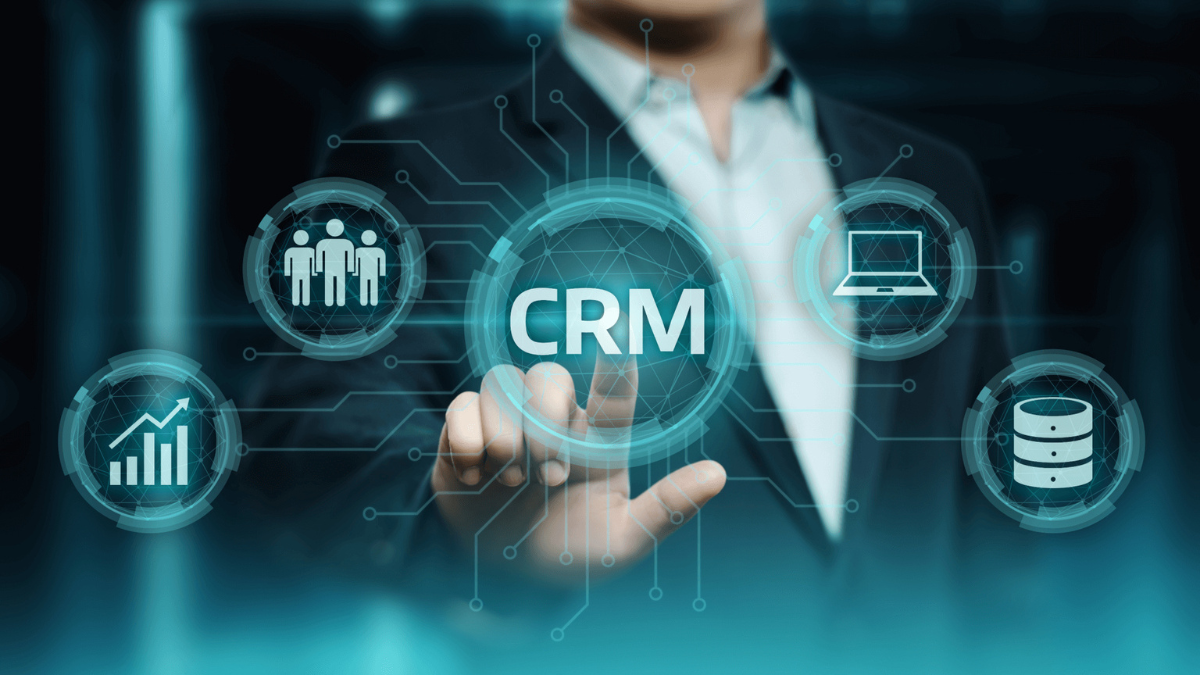In the ever-evolving world of e-commerce, staying ahead of the competition requires more than just great products and flashy websites. Customer experience, personalization, and data-driven marketing are the real drivers of growth. That’s where Customer Relationship Management (CRM) systems come in. A powerful CRM tool can help e-commerce businesses understand their customers better, personalize marketing efforts, streamline operations, and ultimately boost sales.
Here’s how e-commerce businesses can leverage CRM to grow revenue in 2025:
Centralized Customer Data for Deeper Insights
CRM platforms collect and store valuable customer data—such as purchase history, browsing behavior, support interactions, and feedback—all in one place. This 360-degree view of your customer enables smarter decisions.
Benefits:
- Identify your best customers based on purchase frequency and value.
- Segment customers into targeted groups (e.g., loyal shoppers, cart abandoners).
- Understand trends to improve products and customer service.
Personalized Marketing Campaigns
Modern CRM tools allow for hyper-personalization in marketing. Based on individual customer behavior and preferences, e-commerce brands can craft messages that resonate more strongly.
How it helps:
- Send personalized emails recommending products based on browsing history.
- Create automated campaigns for birthdays, anniversaries, or re-engagement.
- Offer tailored discounts to boost conversions and repeat purchases.
Result: Higher email open rates, better click-throughs, and increased conversions.
Improved Customer Retention
Acquiring a new customer costs more than keeping an existing one. CRM helps by identifying when and why customers drop off—and provides tools to win them back.
CRM-driven strategies:
- Set up loyalty programs and reward systems.
- Schedule automated follow-up emails after a purchase.
- Use satisfaction surveys to identify issues early.
Outcome: Enhanced customer lifetime value and stronger brand loyalty.
Abandoned Cart Recovery
Cart abandonment is one of the biggest challenges in e-commerce. A good CRM system can automatically trigger cart recovery campaigns through email, SMS, or retargeted ads.
Examples:
- Remind customers about their left-behind items.
- Offer limited-time discounts to create urgency.
- Use A/B testing to optimize messages and timing.
This automation helps recapture lost sales with minimal effort.
Streamlined Customer Service
CRM platforms integrate with customer support tools to deliver faster and more personalized help. Support agents can see customer history, previous tickets, and preferences—all in real time.
Benefits:
- Quicker resolution of issues.
- Personalized support experiences.
- Automated ticketing and live chat integrations.
Happy customers are more likely to return and recommend your brand.
Sales Forecasting and Business Intelligence
Advanced CRMs offer predictive analytics that help you forecast sales trends and make smarter inventory and marketing decisions.
Key insights:
- Identify peak buying seasons.
- Predict customer behavior using AI.
- Track ROI of marketing campaigns and sales funnels.
These insights allow for agile decision-making and better resource allocation.
Omnichannel Integration
E-commerce CRMs can integrate with social media, marketplaces (like Amazon, Flipkart), and POS systems—offering a unified experience across all customer touchpoints.
Why it matters:
- Track customer journeys across platforms.
- Provide consistent messaging and service.
- Sync inventory and promotions seamlessly.
This helps create a cohesive brand experience that drives trust and more sales.
Conclusion
In 2025, leveraging CRM is no longer optional—it’s a competitive necessity for e-commerce businesses. From improving personalization to automating cart recovery and enhancing customer service, CRMs can drive significant growth when used strategically. Whether you’re a small online shop or a large retail brand, the right CRM tool can help you understand your customers, engage them meaningfully, and increase your revenue over time.

